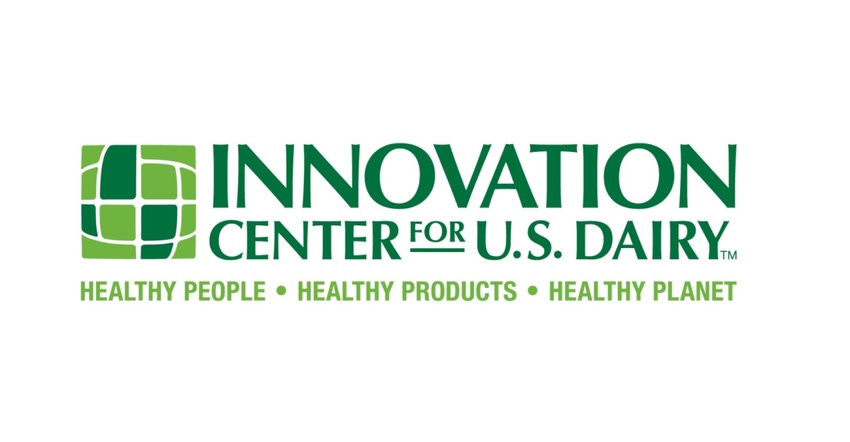
Both the U.S. Environmental Protection Agency and the dairy industry share the need for a sustainable and economically viable dairy industry. In an ongoing effort to reinforce their shared values, EPA signed a first-time memorandum of understanding with the Innovation Center for U.S. Dairy (Innovation Center).
The MOU was signed at the Dairy Sustainability Alliance fall meeting, which was a virtual event Nov. 9-10. Lisa Watson, social responsibility officer for the Innovation Center, said the alliance brings together farmers, retailers, customers, non-government organizations and government groups to talk about all things related to dairy sustainability.
“We try to bring that group together to walk in each other’s shoes for a few days and understand better the challenges and opportunities as they relate to social responsibility,” Watson said.
She added that the MOU helps open the door for farmers and dairy companies to take full advantage of the resources, programs and educational opportunities that are available from government agencies, including EPA, and build on shared synergies.
Highlights of the MOU include:
Outreach and education tied to dairy community access to technical, financial and educational support related to adoption of environmentally beneficial practices and technologies across farms of all sizes, regions and designs;
Contribution of EPA expert input and feedback on Innovation Center initiatives to help advance environmental stewardship, and
EPA membership in the Innovation Center’s Dairy Sustainability Alliance.
“The Innovation Center for U.S. Dairy is founded on collaboration, and we appreciate EPA’s recognition of U.S. dairy’s leadership toward building an environmentally sustainable and economically viable future for our industry,” Innovation Center president Barbara O’Brien said. “We welcome the voluntary opportunities highlighted in the MOU and look forward to EPA participation as a member of the Dairy Sustainability Alliance.”
O'Brien said she hopes the MOU will reinforce the shared values that both sides have in working together whenever that makes sense.
EPA has sometimes been thought of as a dirty word in the countryside, but Watson said over the last decade, work with EPA has helped advance the understanding of the efforts dairy producers have taken to reduce their environmental footprint. She hopes the MOU will build on that foundation.
“The EPA is proud of the work it’s done to rebuild relationships with the agricultural community during the Trump Administration, and this MOU will help boost cooperation and environmental outcomes for the U.S. dairy industry,” EPA Administrator Andrew Wheeler said.
Under President Donald Trump, EPA has entered into a series of MOUs with the intent to increase collaboration and communication with agricultural stakeholders. The MOUs focus on coordinating education and outreach efforts while recognizing environmental stewardship activities.
Ongoing sustainability focus
More than 10 years ago, dairy producers were the first agricultural group to do a full life-cycle assessment to help better understand the industry's greenhouse gas emissions. Watson said research found that dairy production accounted for only 2% of total U.S. greenhouse gas emissions, but efforts didn’t stop there. “We used that as our baseline and identified ways to get better,” she said.
In October, the Innovation Center unveiled the Net Zero Initiative, an industry-wide effort that will help U.S. dairy farms of all sizes and geographies implement new technologies and adopt economically viable practices. The initiative is a critical component of the U.S. dairy industry’s environmental stewardship goals, endorsed by dairy industry leaders and farmers, to achieve carbon neutrality, optimized water usage and improved water quality by 2050.
The Innovation Center also announced a key milestone on its journey toward carbon neutrality: a commitment of up to $10 million and a multiyear partnership with Nestlé to support the Net Zero Initiative and scale access to environmental practices and resources on farms across the country.
About the Author(s)
You May Also Like






